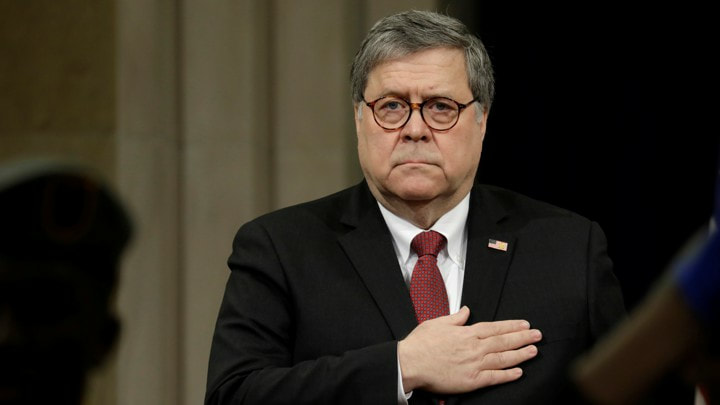But while the submission of the Mueller Report was not expected to lead to Trump’s impeachment, it indeed was not supposed to be the occasion for Trump’s fabricated exoneration and celebration. Trump was aided in flipping the issuance of the Mueller Report from a catastrophe to a counterfeit exoneration by a compliant Attorney General, William Barr, and an unsophisticated news media. As prescribed by law, Mueller submitted his nearly 400-page report to Barr. Forty-eight hours later, on March 24, Barr issued a four-page memo that he claimed summarized the conclusions of the full story. The memo, however, did a lot more.
First, memo reported Mueller was unable to establish that members of the Trump campaign conspired and coordinated with the Russian government to interfere in the 2016 election. Barr failed to identify who Mueller had declined to indict and explain why. This omission may have provided Trump and his campaign with more vindication than the evidence warranted. Second, Barr reported that Mueller found both incriminating and exculpatory evidence of obstruction of justice, but did not reach a conclusion. Barr, without the legal basis of the Special Counsel Law and without reviewing the evidence or presenting a legal rationale claimed that he, not Mueller, had concluded that Trump had not committed obstruction of justice.
The media seized on the Barr memo as a complete and accurate reflection of the Mueller Report and rushed to validate Trump’s claim that he had been exonerated. A claim that was inconsistent with even Barr’s memo directly quoted the Mueller Report that said Trump was not exonerated. Over the next four days, as Trump did his victory dance, legal experts schooled the media in the inconsistencies implied by Barr’s memo. For example, those familiar with government reports wondered why a “Barr summary” was needed since government writers typically include Executive Summaries in their reports that do not contain classified or embargoed material. Barr could easily and quickly issue the Executive Summary from the Mueller Report.
The media’s four-day hiatus in sophisticated analysis allowed Trump to seize the exoneration narrative. While the Democrats in the House of Representatives continue to demand the immediate (April 2) and un-redacted release of the Mueller Report, Barr has claimed it will take at least two more weeks to release a redacted version of the Report to Congress. Barr continues to argue that the public is not entitled to see all the information that may be in the Mueller Report. The Congress, however, is not the public. Several committees of Congress are allowed to see classified material; with judicial permission, Congress can also see Grand Jury testimony; and because this the Mueller investigation was a criminal investigation the claim of Executive privilege is suspect. Only information pertaining to on-going investigations may be prohibited to Congress. Nonetheless, Trump seems to be on a path to keep the Mueller Report as secret as his taxes. And this time he has the help of his Attorney General.
